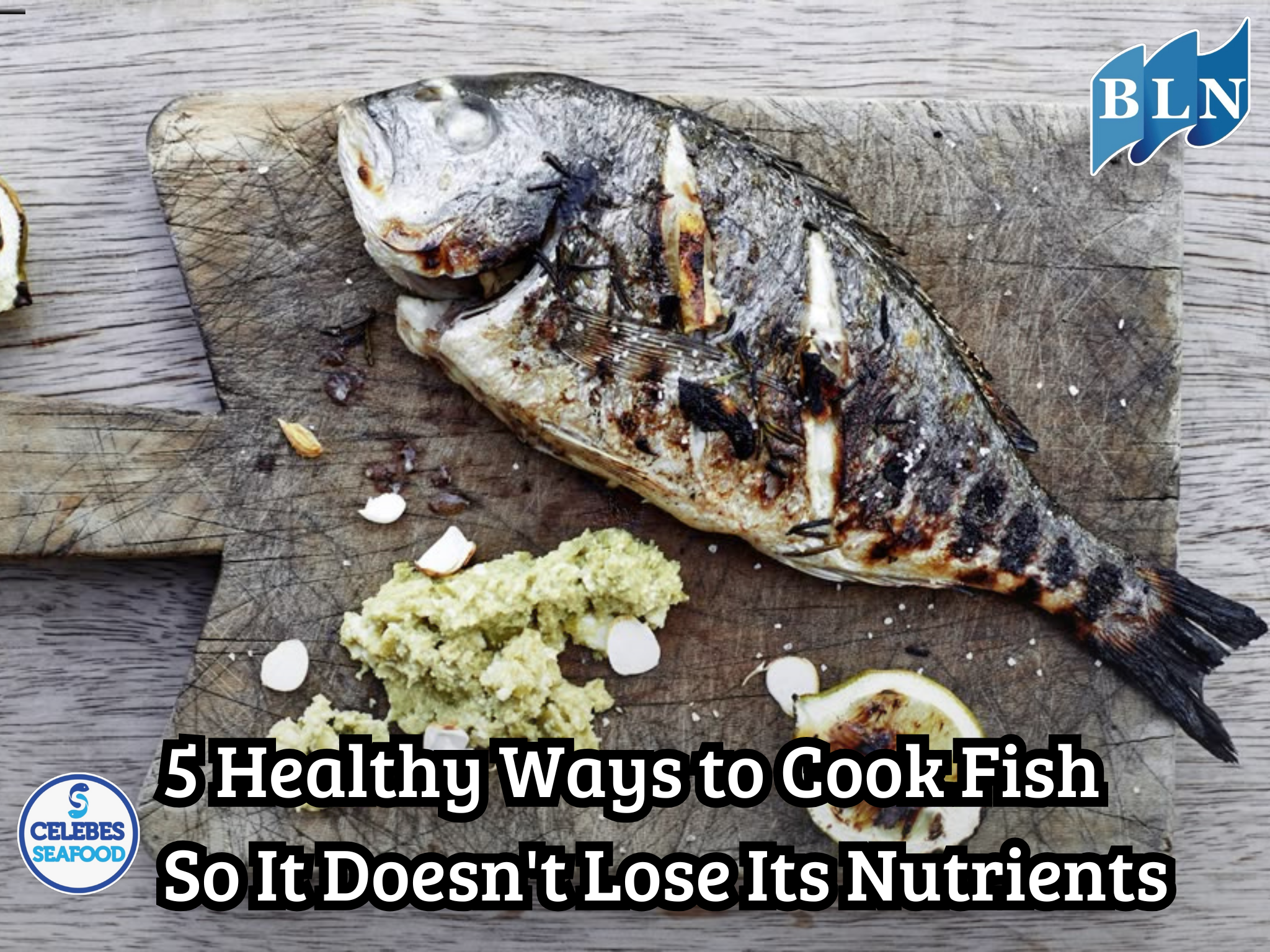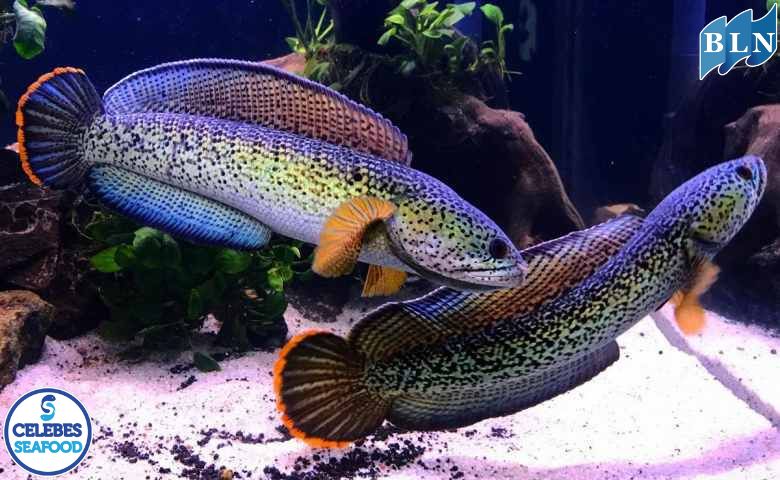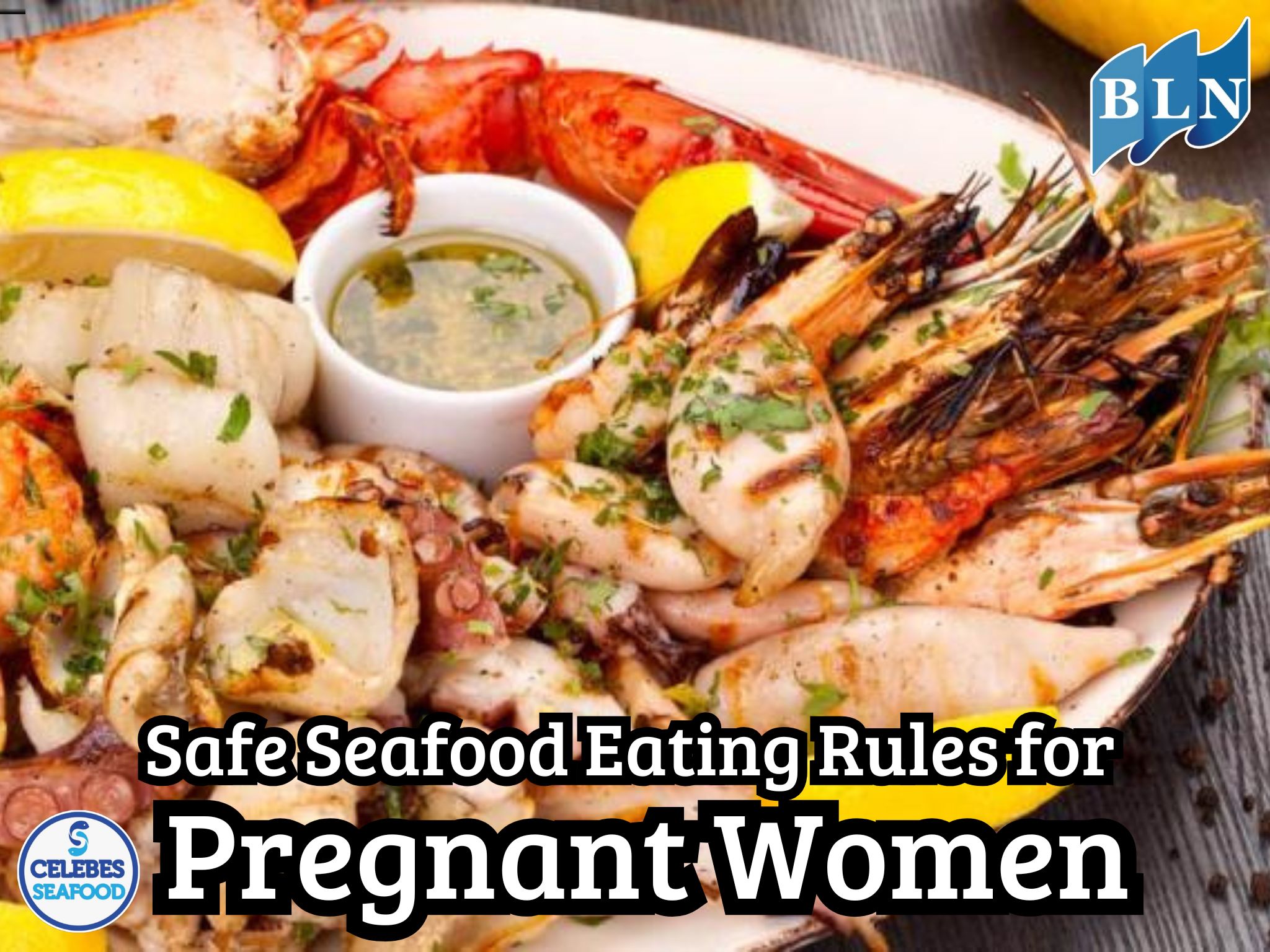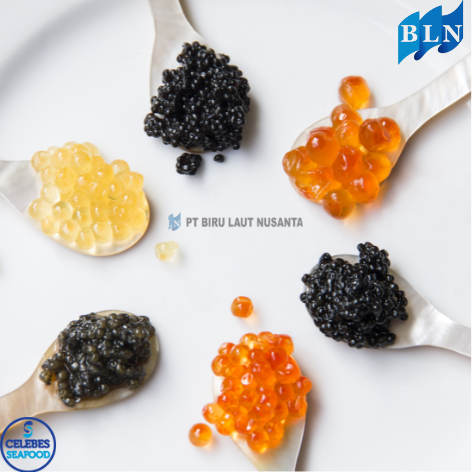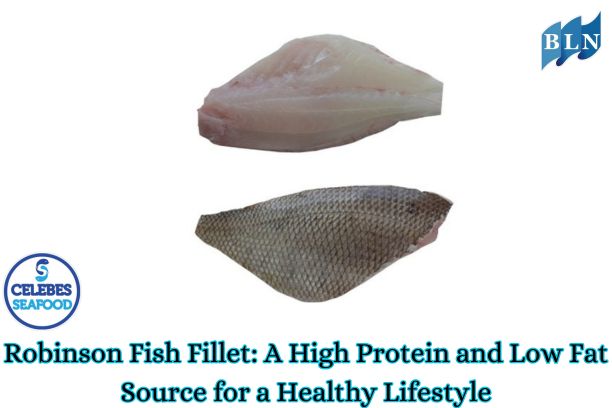Eating Jellyfish, What Are the Benefits and Risks
By. Rani - 25 Mar 2025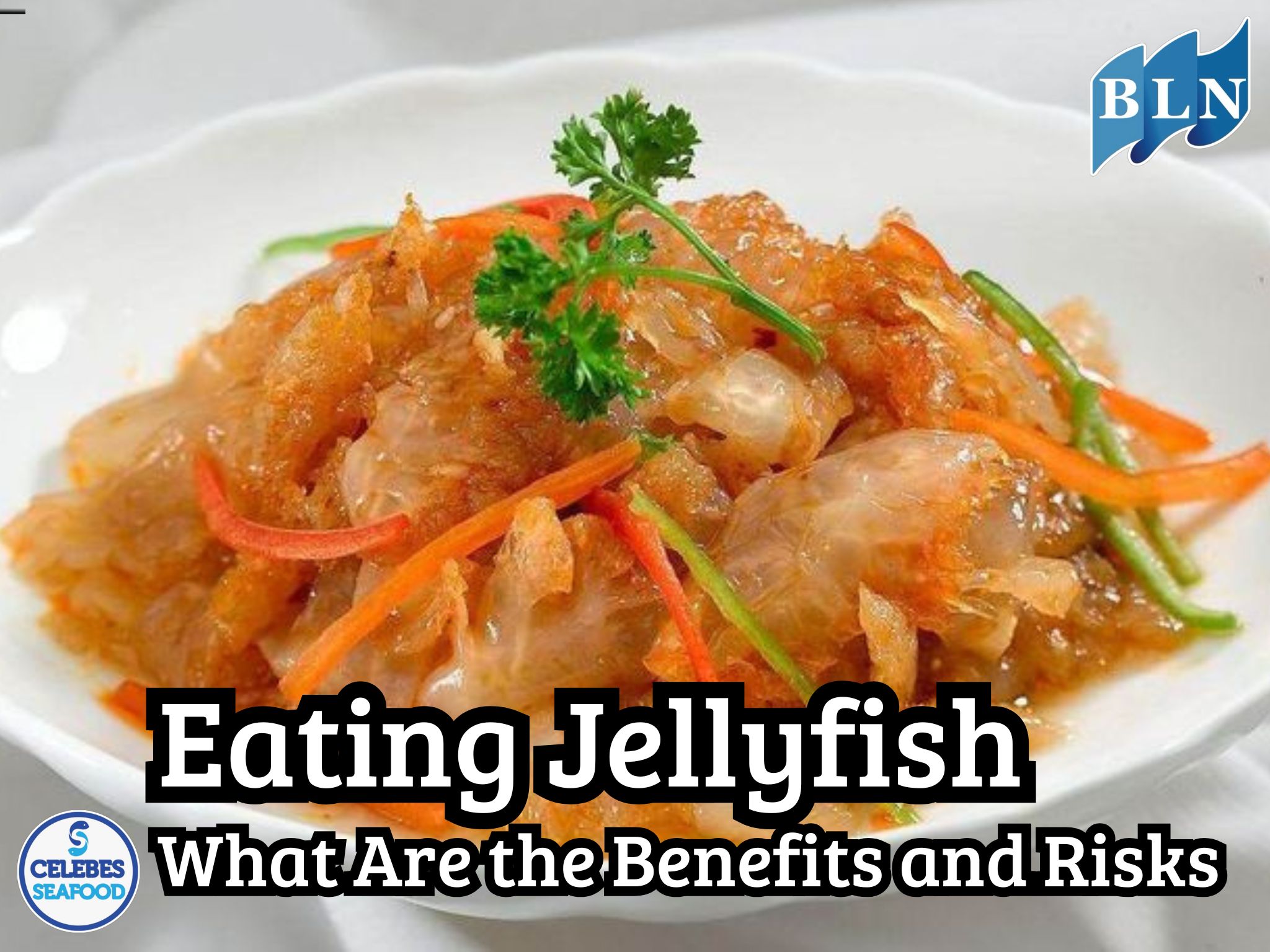
lautnusantara,com Eating seafood provides many benefits for the body. However, have you ever tried eating jellyfish ? In fact, there are types of jellyfish that are poisonous and jellyfish that are not dangerous. So, is it safe to consume jellyfish? Check out the review, let's go!
Nutritional content of jellyfish
Jellyfish are invertebrates that are bell-shaped and have long tentacles. Jellyfish are animals that can be found in oceans all over the world. Generally, jellyfish are large and colorful and have a poisonous sting . This sting is used as a way to survive from predators or hunt prey. You might ask, is eating jellyfish safe for your health? Some types of jellyfish are dangerous if consumed by humans. However, there are also types of jellyfish that are safe to eat, such as the Rhopilema esculentum type. In Southeast Asia, eating Rhopilema esculentum jellyfish is common because it is believed to provide health benefits. Some people consume jellyfish in dried form. There are also those who eat jellyfish after they have been salted or cooked fresh. Generally, the number of calories in jellyfish is quite low. However, jellyfish still contain important sources of nutrition for the body such as protein, calcium , antioxidants, and choline . Quoting from the Food Data Central at the US Department of Agriculture, every 100 grams of jellyfish contains the following nutrients :
- 36 calories,
- 4.2 mg selenium ,
- 95 mg of choline,
- 5,5 gram protein,
- 2 mg kalsium,
- 2.27 mg of iron , and
- 1.4 grams of fat.
Because of its nutritional content, it is not surprising that many people consume jellyfish to obtain certain health benefits.
Benefits of eating jellyfish
Jellyfish content is dominated by water and protein, but this marine animal is low in fat and cholesterol. For these reasons, jellyfish are considered a nutritious food source. So, what are the health benefits of eating jellyfish?
1. Source of collagen
One of the benefits of eating jellyfish comes from its high collagen content. Collagen is a type of protein that plays an important role in tissue structure, including skin and bones. Consuming enough collagen can improve skin elasticity and prevent symptoms of joint pain . The results of research on rodents show that the collagen content in jellyfish can also protect the skin from damage caused by sun exposure. However, this research requires further study to determine its effectiveness on the human body.
2. Reduces the risk of heart disease
The National Center for Biotechnology Information states that half of the fat content in jellyfish comes from polyunsaturated fatty acids (PUFA). These unsaturated fats are omega-3 and omega-6 which are highly associated with a reduced risk of heart disease . This intake is also important for those of you who have to avoid consuming saturated fat.
3. Good for the body's metabolic system
The choline and selenium content in jellyfish can also help the metabolic process run more smoothly. Choline plays an important role in the process of digesting food and drinks. Meanwhile, selenium is an important mineral in the metabolic process which is digested in the lower intestine into selenoprotein. Selenium deficiency can cause the body to tire easily and affect the immune system.
4. Reduces the risk of cancer
The polyphenol content that you get when eating jellyfish is also good for reducing the emergence of cancer cells. These benefits come from the antioxidant properties (fighting free radicals) of polyphenols. Polyphenols work by suppressing the growth and development of cancer cells.
5. Reduces the risk of cancer
In addition to being useful for reducing the risk of acute and chronic diseases , eating jellyfish can help you lose weight. This is because jellyfish have a low total calorie content, but are still rich in important nutrients such as protein, unsaturated fats, calcium, and vitamins. However, further research is still needed to confirm the benefits of jellyfish in supporting the diet program that will be undertaken.
How to eat jellyfish
You also need to pay attention to how to consume jellyfish properly. Because jellyfish tend to rot quickly if they are at room temperature for too long. Therefore, you should immediately clean and process jellyfish after catching them. Avoid consuming jellyfish if it turns brown. If it is not possible to cook immediately, you can use the preservation method by drying, salting, or storing the jellyfish in the refrigerator. You can eat fresh jellyfish by thinly slicing it and stir-frying it, boiling it, or serving it with vegetables and meat. For jellyfish that have been salted, it is highly recommended that you wash them first. This method aims to remove the salt content that causes the food to become too salty.
Risks of eating jellyfish
Although jellyfish are considered safe for anyone to consume, you still need to be careful about the risk of seafood allergies. Proper cleaning and processing methods can reduce the risk of harmful bacteria or pathogens sticking to jellyfish. There is also concern that jellyfish preservation methods may result in high levels of aluminum exposure.
If you are interested in our product KING FISH STEAK, Coral Trout Fillet Skin On,OCTOPUS WHOLE CLEANED FLOWER TYPE please do not hesitate to contact us through email and/or whatsapp.



